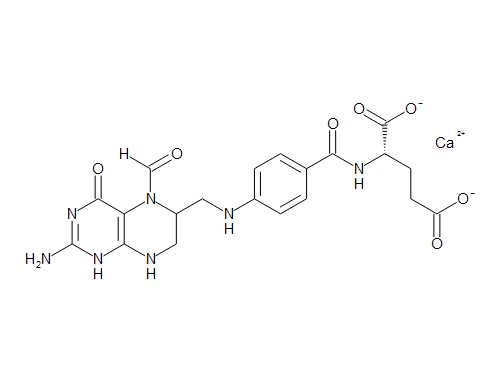A number of enzymes (proteins that aid in biological reactions) have been pin-pointed in having a profound effect on the genetic building and neurological pathways associated closely with Autism and Autism Spectrum Disorders.
The family of proteins, called topoisomerases are predominantly responsible for winding and unwinding DNA during the process of replication, when new cells are formed and copied and can have profound effects on the genetic machinery behind brain development and potentially lead to autism spectrum disorder (ASD).
The outcome was announced on August 28 by scientists in residence at University of North Carolina School of Medicine who believe that this is a significant breakthrough in understanding how Autism develops during gestation.
A small change in the structure of these enzymes could lead to an array of genetic mutations and changes in neurological pathways which alter the chemistry and biology of the brain, and thought behavioural patterns in an individual.
Zylka and his colleagues stumbled upon the discovery quite by accident, while looking at a protein used commonly in chemotherapy treatment – Topotecan They noticed that the drug tended to interfere with the proper functioning of genes that were exceptionally long and composed of many DNA base pairs. The group then made the serendipitous connection that many autism-linked genes are extremely long.
There are over 300 genes linked to Autism, but using the chemotherapy protein suppressed over 50 of them, which is means that suppressing that many genes across the board — even to a small extent — means a person who is exposed to a topoisomerase inhibitor during brain development could experience neurological effects equivalent to those seen in a person who gets ASD because of a single faulty gene.
Read the story at Autism Daily Newscast






